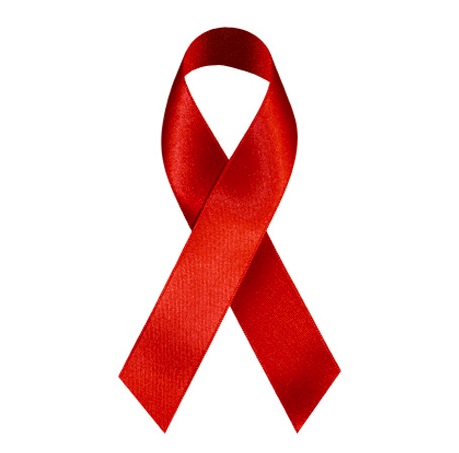-
Advocacy Theme
-
Tags
- Abortion
- Adoption
- Caregiving
- CEDAW
- Disability
- Domestic Violence
- Domestic Workers
- Harassment
- Healthcare
- Housing
- International/Regional Work
- Maintenance
- Media
- Migrant Spouses
- Migrant Workers
- Muslim Law
- National budget
- Parental Leave
- Parenthood
- Polygamy
- Population
- Race and religion
- Sexual Violence
- Sexuality Education
- Single Parents
- Social Support
- Sterilisation
- Women's Charter
Married women also at risk of HIV/AIDS
December 12th, 2013 | News, Sexual and Reproductive Health, Views
Most discussions of HIV/AIDS in Singapore focus on men, as new infections affect mostly them.
 However, a qualitative study, commissioned by the Association of Women for Action and Research, of women with HIV or living with HIV-positive husbands or partners shows that married women are at risk from their infected husbands.
However, a qualitative study, commissioned by the Association of Women for Action and Research, of women with HIV or living with HIV-positive husbands or partners shows that married women are at risk from their infected husbands.
Through in-depth interviews with 60 women, the study shows that among respondents who were married and diagnosed with HIV/AIDS, more than half reported that their husbands had infected them.
When these women learnt of their diagnosis, they experienced denial, shock, anger, shame and sadness.
Many of these married women had been put at risk by a lack of sexual empowerment in marriage. Several were unaware of having any right to refuse sex or demand condom use. Those who had wanted to protect themselves, however, could not persuade their HIV-infected husbands to practise safer sex. Some husbands even became violent when asked to use condoms.
Many of the women surveyed lacked knowledge about the symptoms, transmission and prevention of STIs, about condom use or ways of successfully persuading partners to use condoms. Over 60 per cent had little or no knowledge of HIV/AIDS; many had the misconception that HIV affects only gay men, drug abusers and sex workers.
Patients’ difficulties were compounded by unsympathetic family, friends and community. Most women disclosed their condition only partially to those around them, holding themselves back from being helped by support groups or counsellors to cope emotionally, engage in self-care and improve social functioning.
Some women in the study could not hold on to full-time work, due to the stigma associated with HIV and their attempts to hide their condition.
Loss of employment made it harder for HIV-diagnosed women to access the costly healthcare required. More affordable medication and healthcare are needed.
The study highlighted helpful measures, such as empowering patients with more knowledge about the good prognosis of HIV/AIDS with treatment, as well as about coping strategies and self-care methods. Support from family, friends and other infected women further enables proactive responses.
Education about sexual health and empowerment must enable women to protect themselves from infection. The public should also be educated not to stigmatise and marginalise people infected with HIV/AIDS.
Our study shows that a lack of sexual rights has direct impact on women’s health. Should our society continue to provide legal immunity for marital rape, indicating that women cannot refuse sex with their husbands, even at the risk of infection?
World Aids Day (Dec 1) is dedicated to raising awareness about HIV/AIDS. We must raise such awareness to attain good sexual health as the right of all in society.
Wong Mee Lian is an associate professor at the Saw Swee Hock School of Public Health, National University of Singapore; Vivienne Wee is the Research and Advocacy Director at the Association of Women for Action and Research (AWARE); Shibani Pandya is an AWARE member.
This letter was originally published in TODAY on 7 December 2013.



